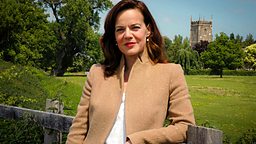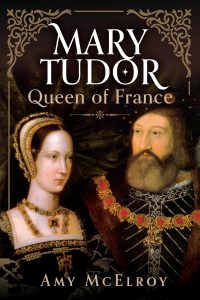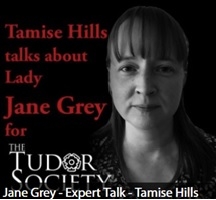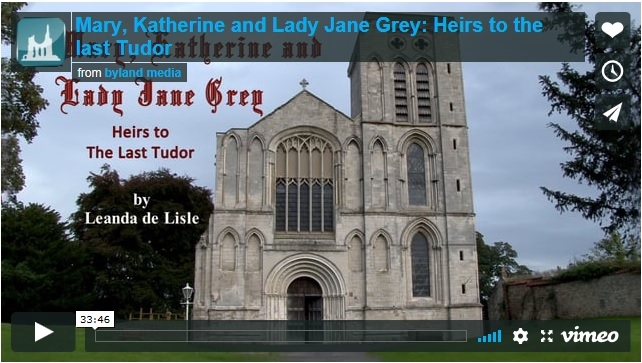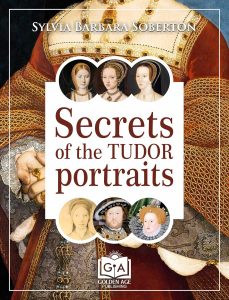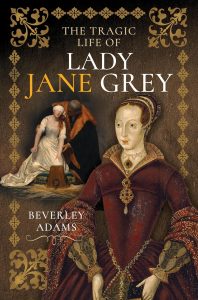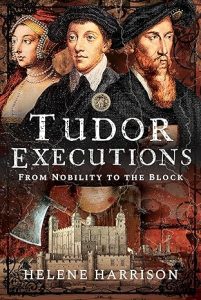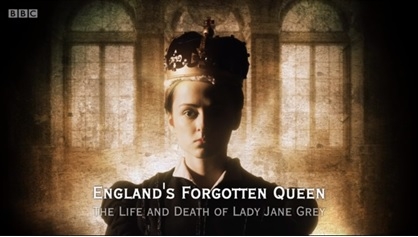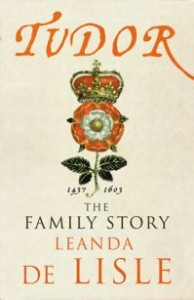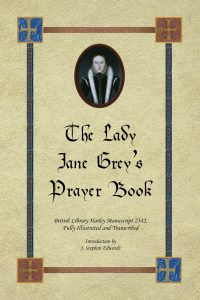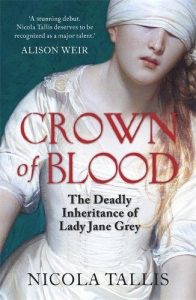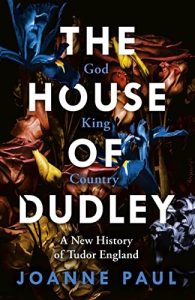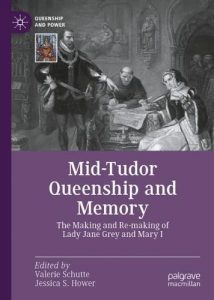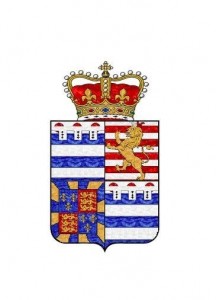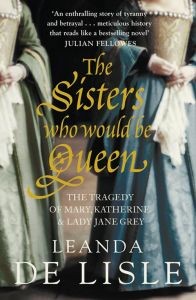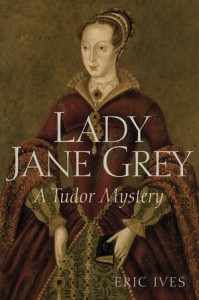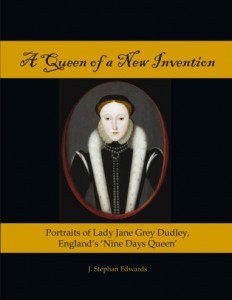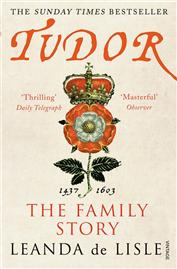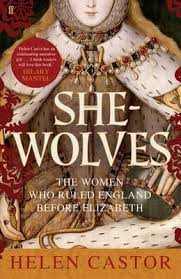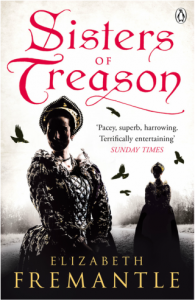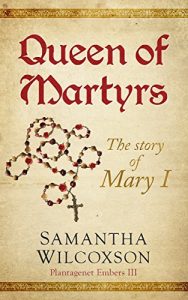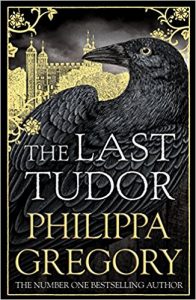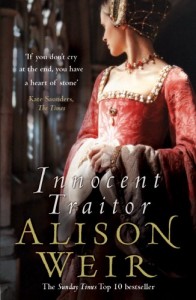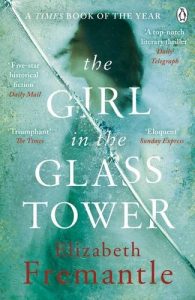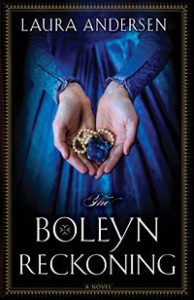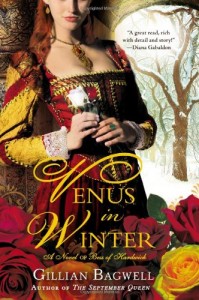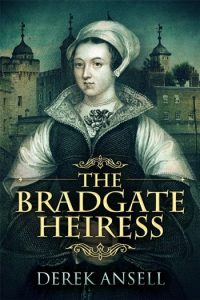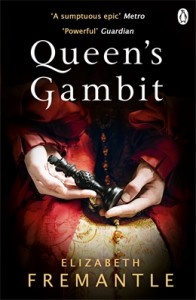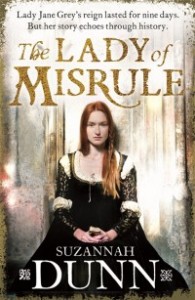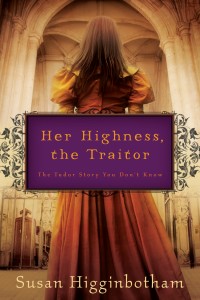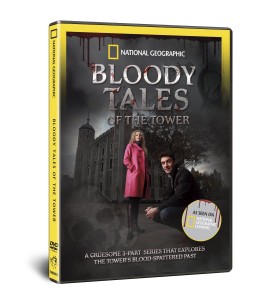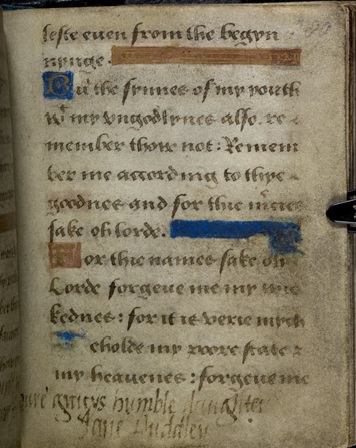Helen Castor’s new series ‘Medieval Lives’ concludes tonight at 9pm on BBC4.
According to her website, ‘this exploration of the medieval experience of life’s great rites of passage includes stories of the 15th-century Paston family, as told in Helen’s book BLOOD & ROSES.’ (Helen Castor.com)
The final episode of this three part series looks at death.
This is what the press has to say:
‘Most of the time we try not to think about death, but the people of the Middle Ages didn’t have that luxury. Death was always close at hand, for young and old, rich and poor – even before the horrors of the Black Death, which killed millions in a few short months.
However, for the people of the Middle Ages death wasn’t an end but a doorway to everlasting life. The Church taught that an eternity spent in heaven or hell was much more important than this life’s fleeting achievements and there was much you could do to prepare for the next life in this one.
As historian Helen Castor reveals, how to be remembered – and remembering your loved ones – shaped not only the worship of the people of the Middle Ages but the very buildings and funding of the medieval Church itself.’
(BBC4 website)
‘In the final episode, Dr Helen Castor sheds light on how the Catholic church shaped medieval folk’s desire for a “good death”.
In the 13th century, the Pope formally adopted the concept of purgatory: a dimension characterised by “darkness, fire and terror”, which seems to have held great prominence within the medieval collective consciousness. The best way to curtail your stay there was to leave behind money for masses; effectively, the rich could buy their way out of purgatory by paying bribes to the church. Henry VII, for example, left sufficient funding for 10,000 masses to be said immediately after his death, to give his soul a turbo-charged route to heaven.
This is a striking insight into a very different world, but Dr Castor plays it straight down the line; you won’t find gimmicky gothic cemeteries or creaking mausoleum doors here.
Historian Helen Castor explores how mortality was perceived in the Middle Ages, revealing that people looked upon death as a beginning rather than an ending – a doorway to everlasting life. The prospect of reaching Heaven and being remembered in a good light shaped not only people’s behaviour, but also the buildings and funding of the Church itself.’
(Gary Rose, Radio Times website)
You can view a clip here:
BBC4 – Medieval Lives: A Good Death
Episode 3 – A Good Death will be repeated:
BBC 4
Thursday 24 October – 03.00
Sunday 27 October – 23.00
Sources

